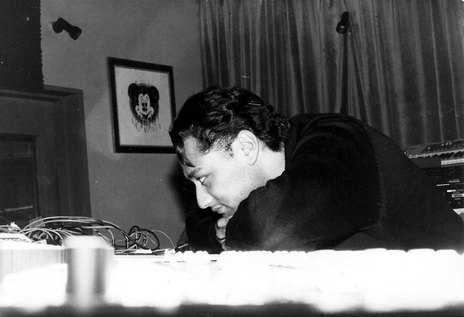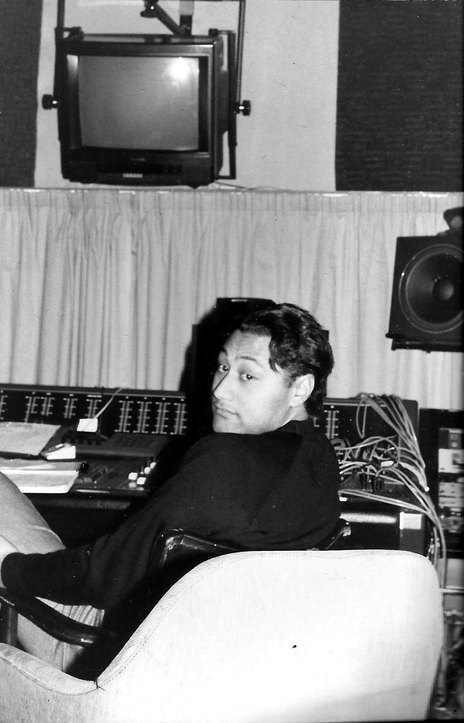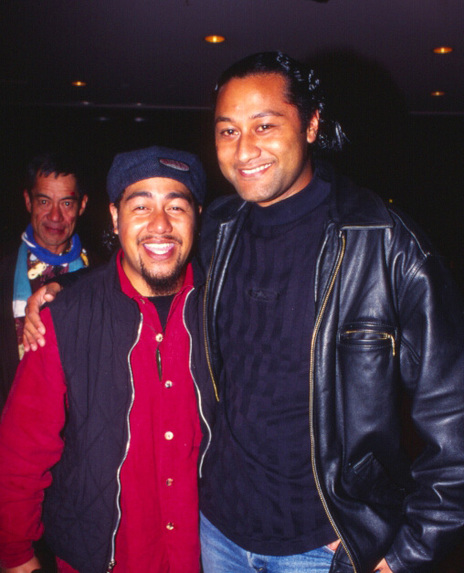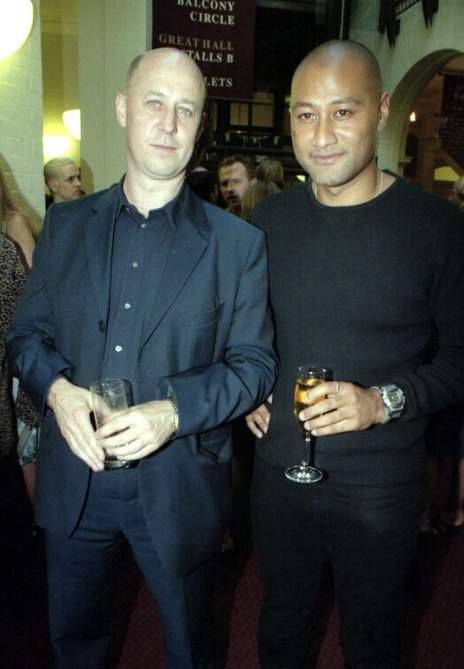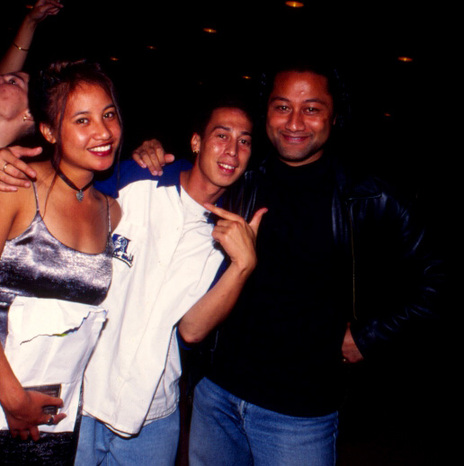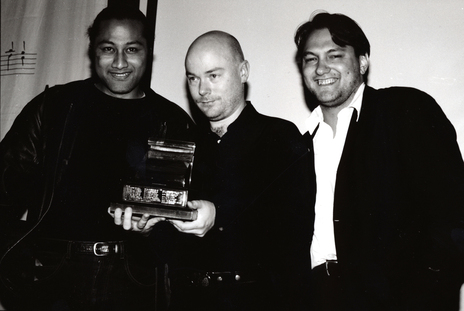As a member of the group Grace with his two brothers Paul and Jason he signed to Kane Massey’s Deepgrooves label in 1994. Their only released album Black Sand Shore, issued in late 1994, is a wonderfully stylish and melodic contemporary soul record.
Russell Brown described it in the NZ Listener (December 17, 1994) as “a staggeringly assured piece of work” and it is now regarded as a New Zealand classic, featuring in Nick Bollinger’s book 100 Essential New Zealand Albums (2009).
A second Grace album was partially recorded by PolyGram with Mark Tierney co-producing, but the sessions were not completed following the Universal purchase of PolyGram in 1999. The recordings remain unreleased, with most of the tapes lost.
However, it is as a producer, songwriter and arranger that Ioasa is best known. His first, mostly uncredited work, was on the debut double 10-inch vinyl Deepgrooves compilation released in 1991. He gets a vocal credit as Anthony James on one track. Ioasa had arrived from the North Shore and just hung out in The Lab studio until they took notice of this keen young man with endless good ideas. The second Deepgrooves compilation Deep In The Pacific Of Bass in 1992 featured Ioasa’s first solo credit ‘Baby You Know’, produced by Joost Langeveld.
Ioasa co-wrote Strawpeople’s 1994 hit ‘Sweet Disorder’ and for that he was awarded the 1995 APRA Silver Scroll.
By 1993 he had become a noted "face" and a key creative in the inner city Auckland scene. Ioasa produced, engineered or played on many of the releases on Deepgrooves between 1994 and 1998 including the platinum album Old Skool Prankstas by 3 The Hard Way and releases from Jules Issa and Annie Crummer (Warner Music).
Ioasa co-wrote Strawpeople’s 1994 hit ‘Sweet Disorder’ and for that he was awarded the 1995 APRA Silver Scroll. He was also a member of the briefly active Deepgrooves act Cinema.
Ironically, although his urban work was prolific and ground-breaking, his biggest success commercially was writing and producing (with the exception of one track) the 1999 album Dream by TV manufactured girl-group TrueBliss. He produced the album in two weeks to the tight, almost impossible, deadline imposed by the TV schedule and Sony Music.
The album was and still is the fastest selling album ever recorded in New Zealand, going double platinum in less than a week. Ioasa then led the live TrueBliss band that toured New Zealand to a massive frenzy of fans.
Ioasa was also highly sought after by advertising agencies throughout the 1990s and was flown by Saatchi & Saatchi to Los Angeles in 1998, where he worked with the Capitol Orchestra. However, he was reluctant to pursue that part of his career, telling Russell Brown “I do the odd advertising job, but I try not to. I’ve seen that happen to people – four years down the road and you think, well, what have I achieved?”
In 2001 Ioasa decamped first to Sydney and then to New York where he spent much of the next five years producing and writing for a variety of US independent labels, but most notably New York’s Statra Records. Two singles were released during this period including one with Tim Phin in 2004 under the name Solidarity. Phin's ‘Find A Way’ was released in the USA on Om Records.
Ioasa's featured vocal track ‘Where Do We Go’ on Soane’s 2004 album Tongan Chic was a substantial radio and club hit in Auckland.
Returning to New Zealand later in the decade, Ioasa now works under the name Anthony Gold, having added DJing to his list of impressive skills, although he has been noticeably quiet during the second decade of the 2000s.
The Grace album is scheduled to be reissued in 2013.
